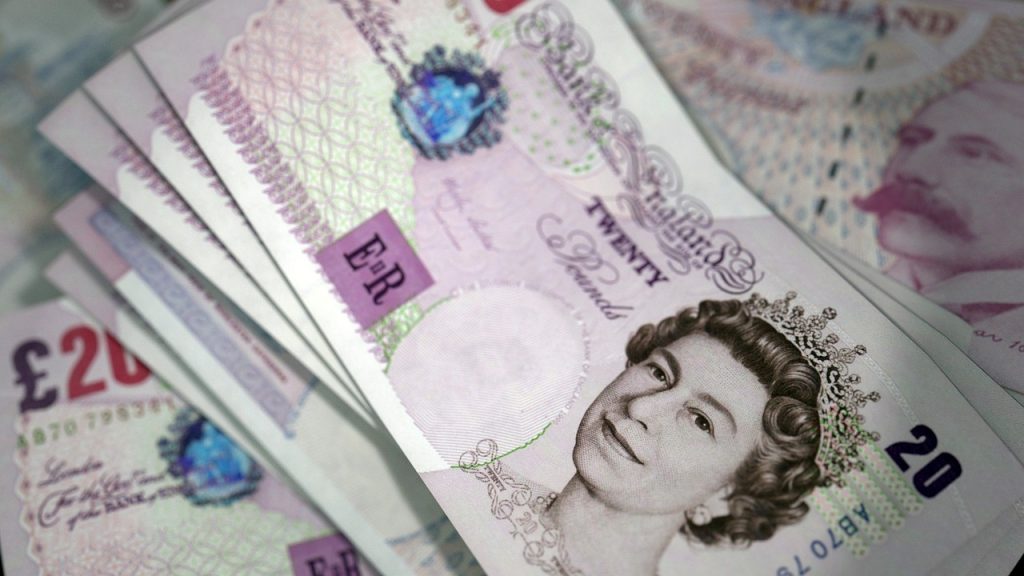Your bank account is private right? After all you need two-factor authentication to get into it, and the bank is always telling you not to share your password or save your login details on a shared computer. Well, you may be surprised to learn that if they feel they have probable cause to investigate, HMRC can check your bank records without obtaining your permission first.
HMRC are entitled to get relevant information from taxpayers to check they’re paying the right amount of income tax, capital gains tax, corporation tax and VAT. This information is sometimes held by third parties, and if HMRC wants to see it, they can issue a Financial Institution Notices (FIN) to your bank. Prior to 2021, HMRC had to ask the taxpayer themselves, or a judge, for permission to access bank records, but now they can issue a FIN without seeking permission first.
If HMRC are investigating you for possible tax evasion and believe it’s a ‘reasonable request’, they can use a FIN to request your financial statements, loan repayments, investment information, and account ownership information. This could be because they have spotted inconsistencies in your Self-Assessment Tax Return, because someone has reported you for evading tax, or simply because they are carrying out a random check, which they occasionally do as part of their audits.
The fact that HMRC can randomly check your bank records is one of many reasons that you should keep accurate and up-to-date financial records. Keeping accurate records helps you avoid any discrepancies in your tax return that might trigger an investigation. It also makes it easier to file your return on time, which is important because a late filing is sometimes all it can take to trigger a tax investigation. Our Cloud Accounting software can help you ensure you have a clear and accurate record of all your business finances with which to prepare your tax return.
If you are a sole trader it’s particularly important to separate your business and personal bank accounts, and to pay particular attention to your tax returns. As there’s no legal distinction between you and your business, if you end up being investigated by HMRC your personal assets could be at risk if you can’t clearly demonstrate your business income and expenditure.
Whatever your business structure, it’s also vital to ensure that you are properly protected against the costs of an HMRC investigation, as these can be costly even when you have done nothing wrong. Our Fee Protection Insurance gives you up to £125,000 worth of cover to help us fight your corner.
You should, of course, always be honest with your business income and expenses. After all, meticulous financial records are not going to help you much if they reveal that you have in fact been cheating the tax man! For advice and support around financial reporting and tax returns, contact one of our accountants today.




